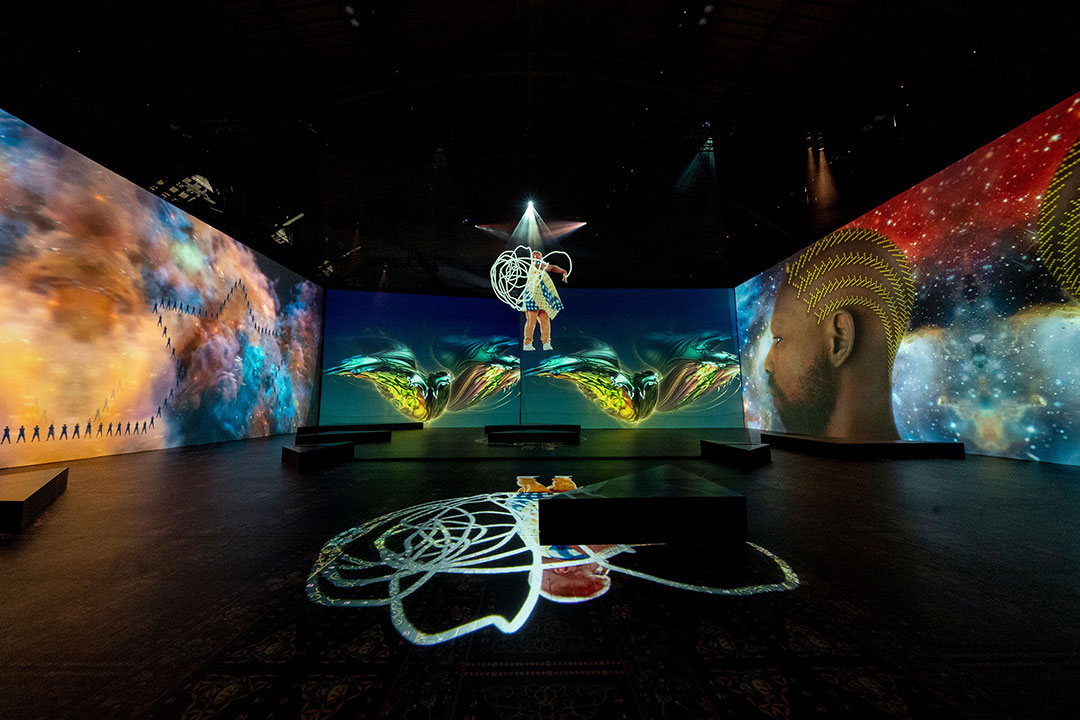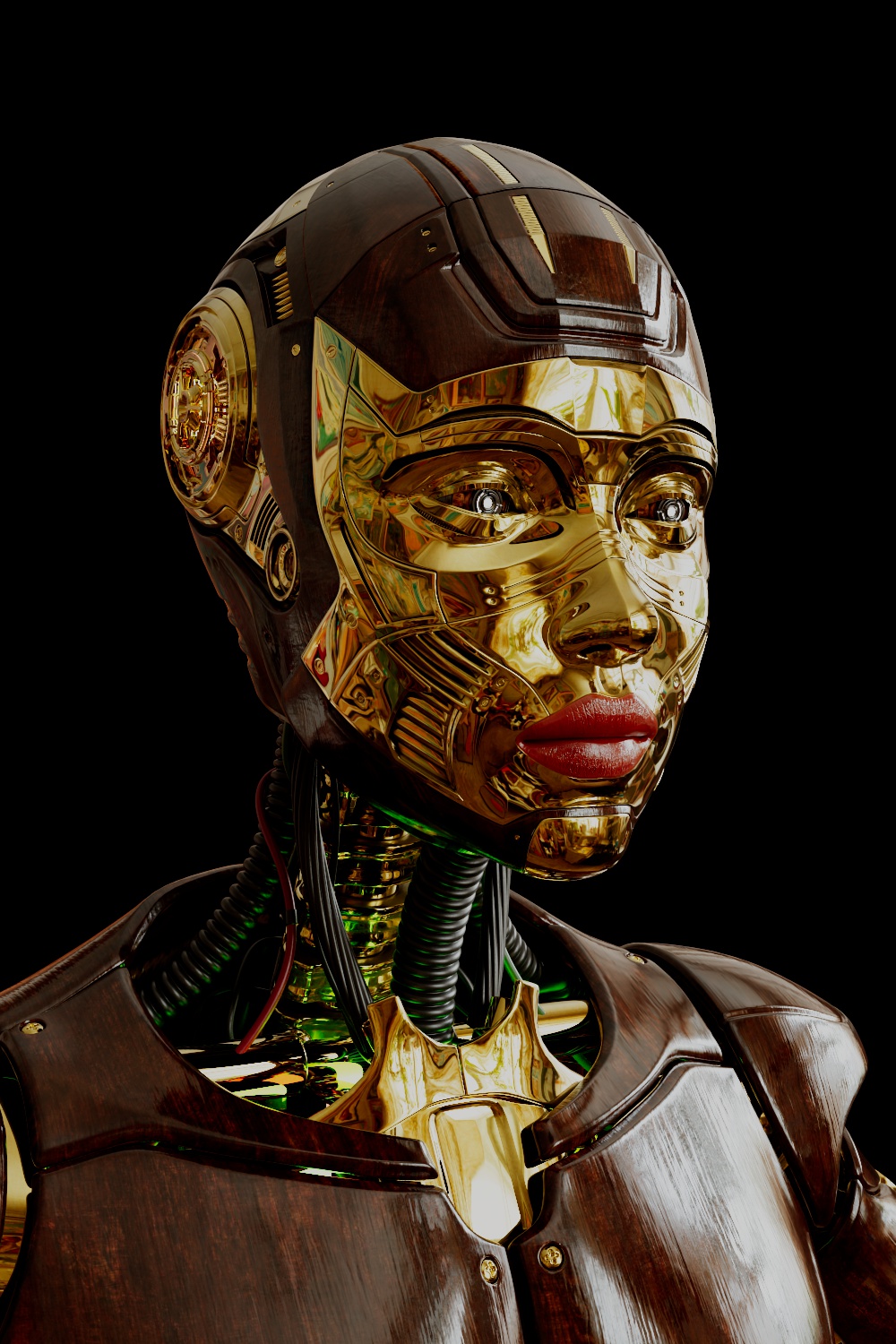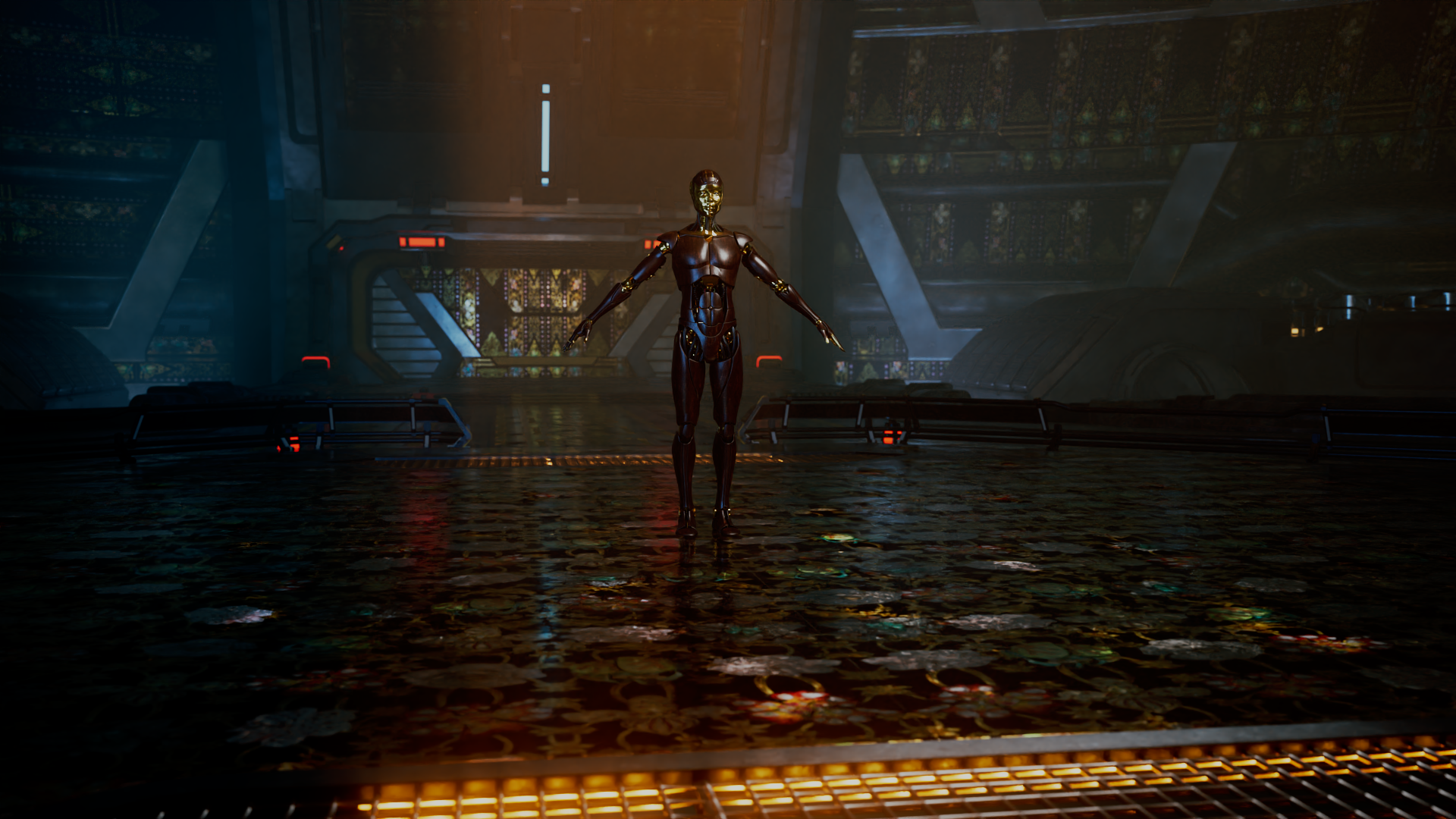Interview: Rashaad Newsome On bell hooks & Black Kinesics
By Keshav AnandHailing from New Orleans and based in New York, multidisciplinary artist Rashaad Newsome works at the intersection of assemblage, technology, sculpture, video, music, and performance. Newsome’s work celebrates and abstracts Black and queer contributions to the art canon, resulting in new and inclusive forms of culture and media. While in residence at Somerset House Studios this summer, the artist has been focusing on creating an ambitious digital commission titled Hands Performance, which is now available to stream via Channel, Somerset House’s curated online platform.
Hands Performance takes its title from the well-known element of vogue fem, highlighting a dancer’s ability to tell a story with their hands and showcase their musicality. The work continues Newsome’s exploration of mapping Black cultural production as a form of movement research, data storage and collective wayfinding. Collaborating with a team of Black queer ASL interpreters, vogue performers, flex dancers and motion capture technologists, Newsome translates their original poetry into a movement dataset, which has been integrated into the work’s protagonist, Being, a non-binary AI.
To learn more about the artist and their new work, Something Curated spoke with Newsome.

Something Curated: Can you give us some insight into your background and journey to art-making?
Rashaad Newsome: I’ve always been involved in creativity, from getting into trouble for obsessively drawing in class as a kid and performing with my father to art school as an adult. I have had quite a unique trajectory as I studied art history and studio art, then filmmaking and creative coding. All of this formal training has informed the work I do now regarding historical research, the use of film and video, and tech.
SC: How has your experience been working at Somerset House Studios? And have you enjoyed being in London?
RN: It’s been great to have a base in London for a while and to spend time with other artists and writers to explore how my work relates to the history of Black British art.

SC: What is the thinking behind your new digital commission, Hands Performance?
RN: Hands Performance continues my examination of Black American kinesics, this time in the form of a futuristic, interdisciplinary poetry reading centring on Black queer ASL. From Shade Compositions, a live performance that transforms Black vernacular into minimalist music using hacked Nintendo Wiis, to The Conductor, a video that showcases the performativity of MCing using motion-tracked hands from hundreds of hip-hop music videos set to an original remix of Carmina Burana, to FIVE, a live performance using self-made motion-tracking technology to map the movement patterns of vogue fem performers and present them in real-time on a screen above the stage – all of these works are a way of engaging and abstracting the beauty and power embedded in Black American immaterial forms of expression.
SC: I understand Being was trained on data sets of texts by bell hooks and Michel Foucault — why in particular these cultural theorists?
RN: Being is trained on bell hooks, Foucault, Cornel West, and Paulo Freire, to name a few. The primary data set is bell, as I am a huge fan of her work, and I see Being as an innovative way to immortalise that critical work. I also see her theory of the imperialist, White supremacist, capitalist patriarchy as an extremely useful moral compass for Being to understand and help others understand the historical intersections of systemic formations and contemporary acts of violence and repression that continue to obstruct the forward progress of peace and justice.

SC: Could you expand on your exploration of language as a “place of struggle”?
RN: As we, as creatives, engage in various strategies of decoloniality in our respective practices, language is a recurrent obstacle. How do we speak in a liberated voice when the language we have been socialised on is rooted in Eurocentrism and patriarchy? How do we break free of the vexing impulse to see ourselves through a colonial frame, in order to name ourselves and define our past, present, and future in radically new ways?
SC: What are you currently reading?
RN: I am working on some new collages and rereading Black Looks: Race and Representation by bell hooks to better understand some of the decisions I am making in the studio.
Feature image: Rashaad Newsome, Hands Performance, 2023 (Still)